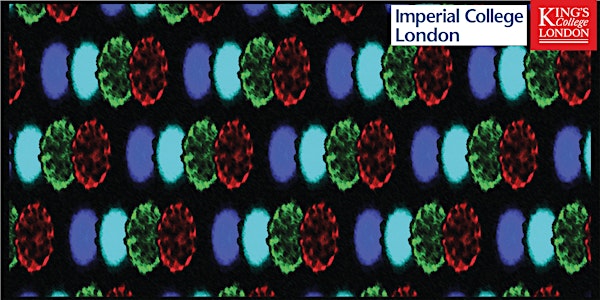
Hot Electron Applications & Technology
Short talks, discussions, digital posters and one to one meetings
Date and time
Location
Online
About this event
Sensing – Catalysis – Nanoscale Heating: Perspectives from academia and industry
New research on “Reactive Plasmonics”, led by King’s College London and Imperial College London, is developing technologies to harness the large intrinsic thermal energy of light. Remarkably, “hot electrons” excited by light in metals achieve temperatures of many 1000°C, while the host metal remains near ambient conditions. This activates a range of opto-electronic and photo-chemical processes with applications in photodetection, sensing, catalysis and localized thermal treatments.
Take part in tailored discussion sessions on three scientific themes and ask researchers about how they would apply their research in:
Catalysis - photochemistry; Sabatier process; photocatalysts
The impact of hot-electrons derived from metals leads to greener chemistry with massive energy savings and with the possibility to activate novel reaction pathways on the horizon. (14:15-15:00)
Sensing - bandgap free photodetectors; gas sensors
Hot electrons within opto-electronic devices point to new band-gap-free methods of photodetection; breaking the principle that specific materials must be tailored to detect certain colours of light. (15:00-15:45)
Nanoscale Heat - thermometry; photo-acoustics; refractory materials
Our ability to shape metals with nanoscale features means that we can localise heat on similar dimensions. This enables technology to focus and deliver heat with exquisite temporal and spatial precision. (16:00-16:45)
Join Industry and Academic speakers from the Reactive Plasmonics team at our Online Industry Open Day on 25 November to discuss how this research affects your industry.
Agenda